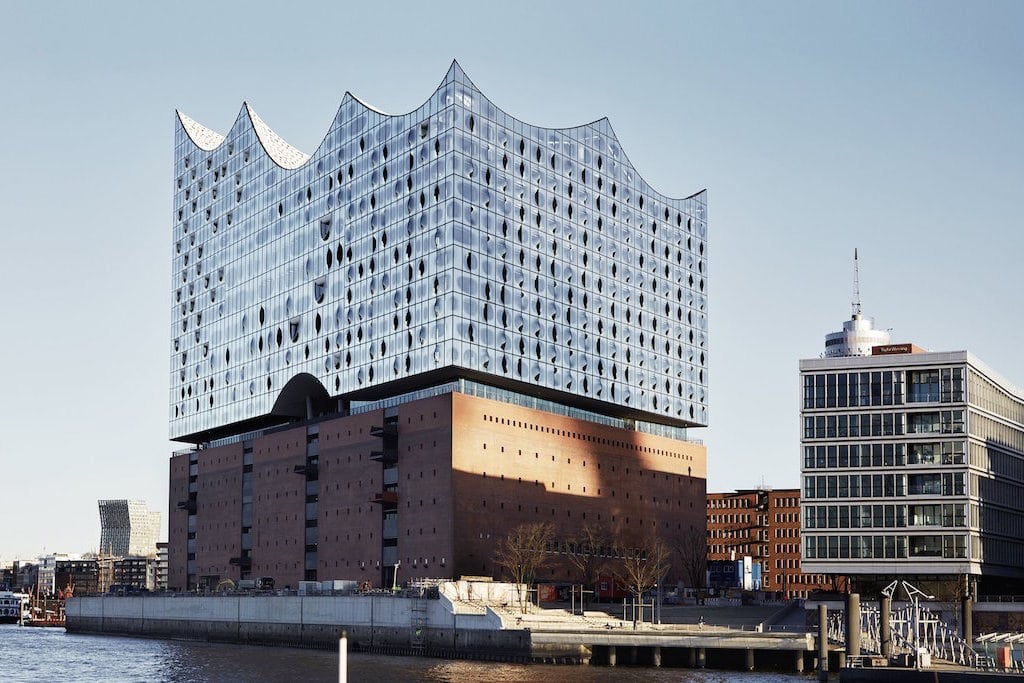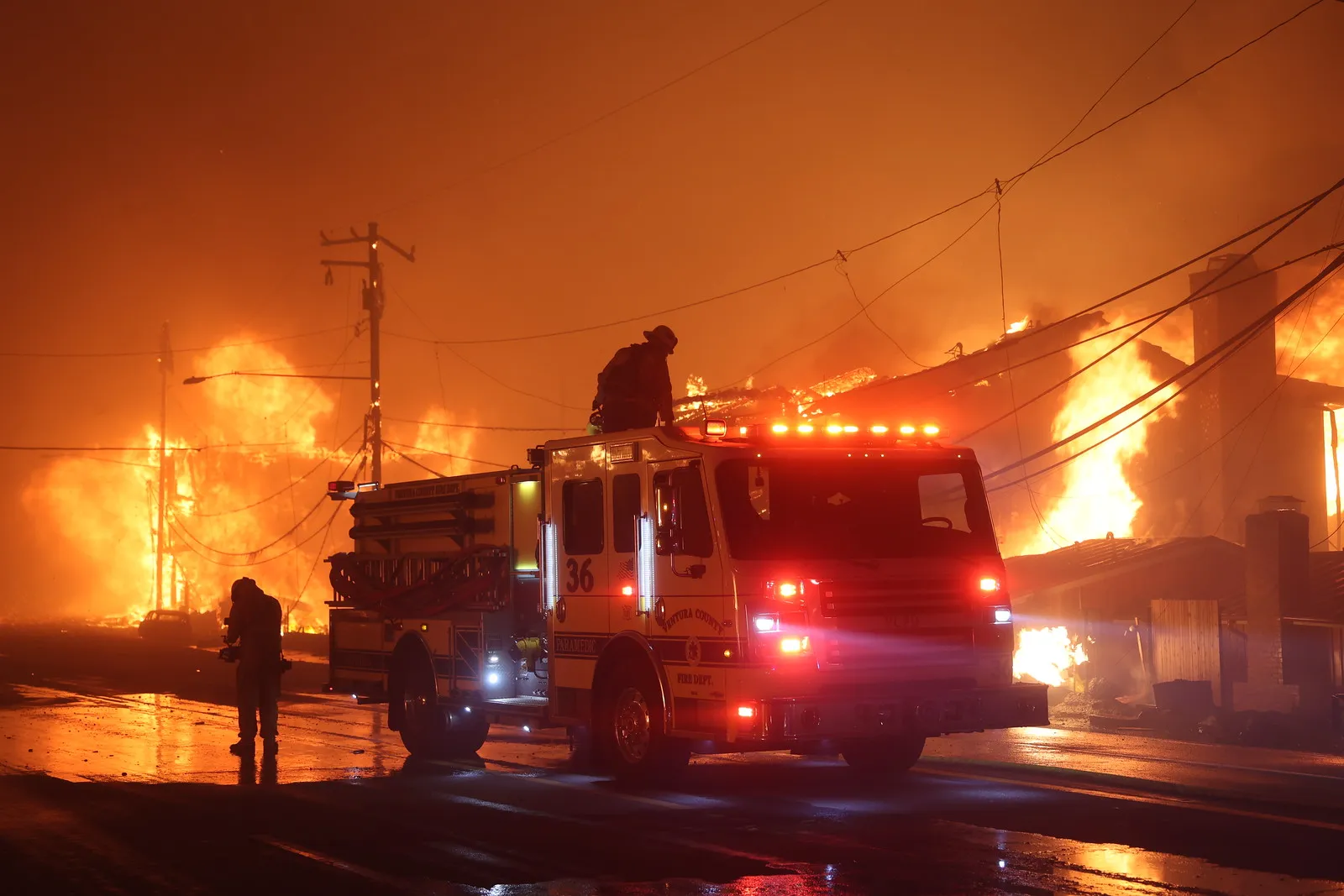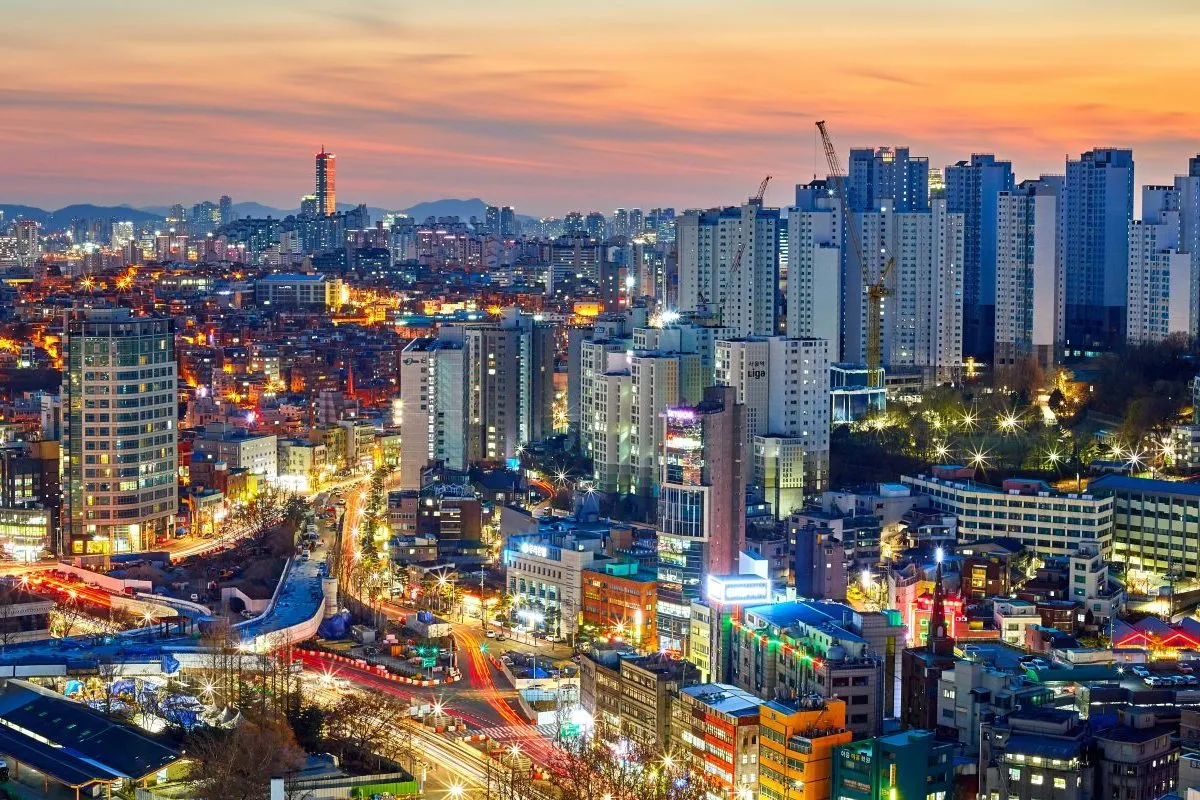Meetings Move Us Beyond Our Isolationist Bubbles — Meetings Innovation Report

Skift Take
The Future of Meetings & Events
Skift CEO and Founder Rafat Ali summed up our company's collective philosophy in this post last night following the U.S. presidential election results, stating that travel — the literal movement of humans — is now the geopolitical center of the world:
"The geopolitical realities of our world are worth embracing by the travel industry, instead of ignoring them or, worse still, wishing them away. And even more so, travelers will reward the industry for it by traveling more, by being more aware of the world and travel’s key place in it, rather than staying in isolationist bubbles for people to indulge in when they need an escape once in a while.”
Business events play a pivitol role in that movement. According to Don Welsh, CEO of Destination Marketing Association International, quoted in the story below, the meetings industry accounts for as much as 40 percent of overall travel spend in some markets. Moving forward from today, everyone in our industry can strive to raise the level of geopolitical discourse, wherever we may travel, in an effort to move beyond the isolationist bubbles many of us occupy in varying degrees.
— Greg Oates, Senior Editor
Subscribe to the Skift Meetings Innovation Report
Social Quote of the Day
"#IMEXpitch winners, Grip, created the world’s first artificial intelligence (AI) event networking solution: j.mp/2fwP7Sj"
Tourism & Hospitality
 Behind San Francisco's Strategy to Attract Repeat Leisure and Meetings Business: By segmenting the personalities of their individual neighborhoods, cities like San Francisco have more options to align their visitor experiences with different visitor profiles. That customization helps cities expand their destination image, build destination loyalty, and boost repeat visitation. Read more at Skift
Behind San Francisco's Strategy to Attract Repeat Leisure and Meetings Business: By segmenting the personalities of their individual neighborhoods, cities like San Francisco have more options to align their visitor experiences with different visitor profiles. That customization helps cities expand their destination image, build destination loyalty, and boost repeat visitation. Read more at Skift
From DMO to DMAI: A Candid Conversation with Don Welsh: Don Welsh, the new president and CEO of Destination Marketing Association International, discusses the need for more collaboration between tourism and meetings organizations. For every $10 spent on travel, Welsh says, as much as $4 is spent on meetings and events in some markets. Read more at Meetings Mean Business
The Striking New Face of Hamburg: Seven years behind schedule and 700 million euros over-budget, the new Elbphilharmonie concert hall and hotel in Hamburg opens in January, finally. This is the most anticipated event venue launch in years, globally, and the Hamburg Convention Bureau is milking it for all it's worth. Read more at Spiegel, The Guardian, and The New York Times
Hyatt's Event Chief on High-Tech Support to Ease the Planning Process: Steve Enselein, senior VP, events at Hyatt, highlights shifts in booking small meetings on demand, in-house meeting planning apps, and innovative culinary events. Read more at Meetings & Conventions
Next Generation Event UX
Why a Visual Strategist at NASA is Speaking at Convening Leaders 2017: Dan Good is responsible for communicating NASA's vision internally and externally. Here he explains his philosophy on collaboration, risk-taking, focusing on big ideas, and what it takes to get rocket scientists and laymen on the same page. Good is speaking at PCMA's Convening Leaders in Austin in January. Read more at Convene
The Top 10 Trends Driving Marketing In 2017: With events being positioned more as "brand experiences" heading into 2017, this list helps meeting and event planners get inside CMOs' heads. The gist of the list: Customer-centric, real-time mass personalization to better target audience members using smarter data capture is the big end game here. Read more at Forbes
17 Ways Brands Engaged Music Fans at Austin City Limits: CMOs are getting creative in how they integrate brand experiences into cultural events, which is starting to influence how planners are collaborating with companies to design corporate events and drive sponsorship dollars. Read more at BizBash
The Everything Guide to Gen Z: This is one of the most indepth reports we've read on Gen Z psychographics to date. Some of the big shifts here are the rise of digital nativism and the importance of diversity. Read more at Vision Critical
Event Spotlight
Oracle OpenWorld 2016: We talk a lot about the legacy impact of events on economic development. According to Judith Sim, CMO of Oracle, the company's annual OpenWorld conference has driven over three billion dollars into San Francisco's economy in its 20 years of existence. See Sim's opening keynote this year at the event site's on-demand video page.
Subscribe
The Skift Meetings Innovation Report is curated by Skift Senior Editor Greg Oates [go@skift.com]. The newsletter is emailed every Wednesday.
Subscribe to the Skift Meetings Innovation Report




